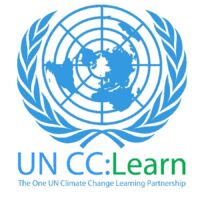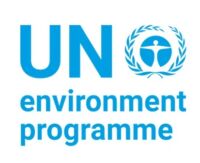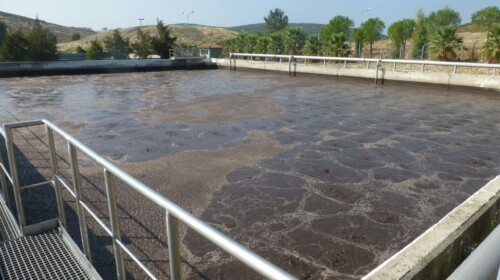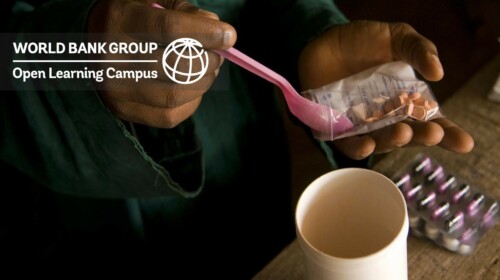Despite remarkable rates of economic growth in recent years, the African continent still faces challenges of persistent poverty and low human development. African economies are highly dependent on natural resources which, in many countries, form the basis of economic activity. A transition to a green economy offers opportunities for the region to attract investments in resource efficient production processes, eco-innovation and renewable energy, which will benefit development, reduce poverty and create employment.
In the 2015 Development Agenda and the Sustainable Development Goals (SDG) the topic of sustainable consumption and production (SCP) is not only featured as a standalone SDG 12 “Ensuring Sustainable Consumption and Production Patterns” but has also been recognized as “nexus” point for almost all SDGs and their respective targets.
To support the efforts of African countries to actively engage in the transition to an inclusive green economy, and the promotion of a shift to sustainable consumption and production (SCP) patterns, the EU has designed and developed ‘SWITCH Africa Green’ programme, implemented by teh UN Environment regional office for Africa. The initiative supports seven African countries: Ghana, Ethiopia, Uganda, Kenya, Burkina Faso, Mauritius and South Africa to initiate or strengthen policies for mainstreaming SCP though regional, sub-regional and national activities.
The course supports learning on SCP in Africa and provides individuals and change agents with a comprehensive introduction to the SCP concept and application opportunities. The course is designed to raise awareness in the region in developing, implementing, monitoring and evaluating action that helps the transition towards SCP.
Download SyllabusTarget Audience
The course is geared towards change agents in Africa, who are looking to be involved in the process of developing, implementing and evaluating actions in support of SCP. Anyone form the public, civil society, private or academic world is welcome to join this course!
Learning Objectives
Participants will learn about different concepts and facets of the SCP, as well as regional, national and sector-specific challenges and opportunities to advance policies promoting resource efficient and sustainable consumption and production. Additionally, participants will begin to develop basic skills for applying the SCP concept in a real world economic, policy and professional context.
After completing the course, participants will be able to:
- Define the concept of SCP and explain its value for Africa and globally;
- Distinguish key elements of effective policies for SCP;
- Discuss how can SCP be advanced specific sectors and areas;
- Explain the role of consumers and individual choices for SCP.









